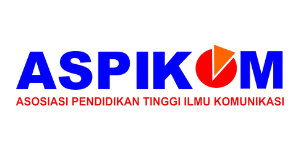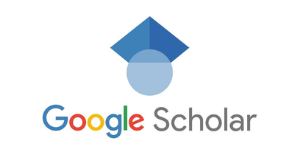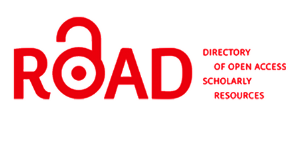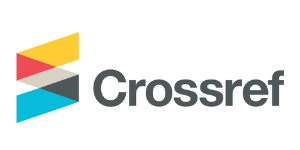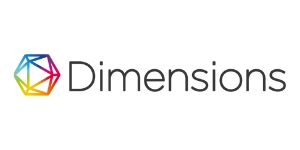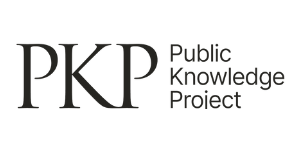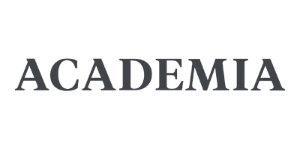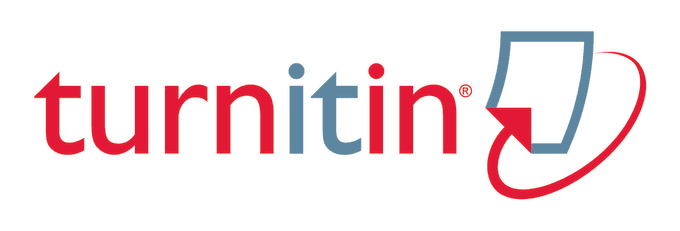Branding Vocational School with The Internet of Things (IoT) Production Competency of Students in Indonesia
DOI:
https://doi.org/10.37535/105002220242Keywords:
branding, vocational school, IoT production, Internet of Things, competencyAbstract
There are many creative opportunities for Internet of Things (IoT) systems to positively impact schools, industries, and others. The purpose of this study is to describe how negative issues in vocational schools (SMK) can be overturned with the ability of SMK students in the field of IoT. Researchers used a qualitative approach with descriptive methods. The results show that vocational schools in Indonesia prepared students to face the world of work supporting IoT learning such as curriculum synchronization, laboratories, and production units. Optimism that IoT will be the flagship of vocational school because the SMK has competent human resources in IoT technology and has been certified. A vocational school is producing the IoT smart lock RFID system products. The conclusion is although the IoT system is still straightforward, which is made in the form of a smart lock system, it can represent technology products made by vocational students. This can be a school branding for prospective students or their parents.
References
Akinsola, O. O. (2021). Reducing Youths Unemployment In Nigeria: The Development of A Technical And Vocational Education And Training Survey Instrument [PhD Dissertation, The University of Tennessee Knoxville]. https://trace.tennessee.edu/utk_graddiss/6627/
Alandjani, G., Pervez, S., & Rehman, S. U. (2018). Role of Internet of Things (IOT) in Higher Education. 4th International Conference on Advances in Education and Social Sciences, 792–800. https://www.researchgate.net/publication/328477764_ROLE_OF_INTERNET_OF_THINGS_IOT_IN_HIGHER_EDUCATION
Al-Obaidi, K. M., Hossain, M., Alduais, N., Al-duais, H. S., Omrany, H., & Ghaffarianhoseini, A. (2022). A Review of Using IoT for Energy Efficient Buildings and Cities: A Built Environment Perspective. Energies, 15(16), 1–32. https://doi.org/10.3390/en15165991
Azha, L., Baharuddin, S., Sayurno, Salahuddin, S. S., Afandi, M. R., & H, H. A. (2013). The Practice and Management of Waqf Education in Malaysia. Procedia Social and Behavioral Sciences, 90, 22–30. https://doi.org/10.1016/j.sbspro.2013.07.061
Creswell, J. W. (2007). Qualitative Inquiry & Research Design: Choosing Among Five Approaches (D. Santoyo & J. Robinson, Eds.; 2nd ed.). Sage Publications, Inc. https://revistapsicologia.org/public/formato/cuali2.pdf
İşgören, N. Ç., Çınar, A., Tektaş, N., Oral, B., Büyükpehlivan, G., Ulusman, L., Öznaz, D., Polat, Z., & Uzmanoğlu, S. (2009). The Importance of Cooperation between Vocational Schools and Industry. Procedia - Social and Behavioral Sciences, 1(1), 1313–1317. https://doi.org/10.1016/j.sbspro.2009.01.232
Kofi, A., & Kassah, J. K. (2015). Challenges of Technical and Vocational Education and Training and Educational Stakeholders in the Volta Region of Ghana. International Journal of Humanities Social Sciences and Education (IJHSSE), 2(6), 58–62. https://www.researchgate.net/publication/362709204_Challenges_of_Technical_and_Vocational_Education_and_Training_and_Educational_Stakeholders_in_the_Volta_Region_of_Ghana
Lee, S. T., & Kim, H. S. (2021). Nation branding in the COVID-19 era: South Korea’s pandemic public diplomacy. Place Branding and Public Diplomacy, 17(3), 1–15. https://doi.org/10.1057/s41254-020-00189-w
Misbah, Z., Gulikers, J., Dharma, S., & Mulder, M. (2020). Evaluating competence-based vocational education in Indonesia. Journal of Vocational Education & Training, 72(4), 488–515. https://doi.org/10.1080/13636820.2019.1635634
Morgan, J. (2021, December 10). A Simple Explanation Of “The Internet Of Things.” Forbes. https://www.forbes.com/sites/cartier/2024/04/17/forces-for-good-33-women-impact-entrepreneurs-shaping-a-better-future/?
Perwej, Y., Haq, K., Parwej, F., & Hassan, M. M. M. (2019). The Internet Of Things (IoT) And Its Application Domains. International Journal of Computer Applications, 182(49), 36–49. https://doi.org/10.5120/ijca2019918763
Psacharopoulos, G. (2006). Vocational education and training today: challenges and responses. Journal of Vocational Education & Training, 49(3), 385–393. https://doi.org/10.1080/13636829700200022
Samani, M. (2018, July). Vocational Education in the Era of Industry 4.0: An Indonesia Case. International Conference on Indonesian Technical Vocational Education and Association (APTEKINDO 2018). https://doi.org/https://doi.org/10.2991/aptekindo-18.2018.10
Sedghpour, B. S., Sabbaghan, M., & Sataei, F. M. (2013). A Survey on the Pre Service Chemistry Teachers’ Lab Safety Education. Procedia Social and Behavioral Sciences, 90, 57–62. https://doi.org/http://dx.doi.org/10.1016/j.sbspro.2013.07.065
Setyadi, R., Rahman, A. A., & Subiyakto, A. (2023). The Role of Information Technology in Governance Mechanism for Strategic Business Contribution: A Pilot Study. JOIV: International Journal on Informatics Visualization, 7(3–2). https://doi.org/10.30630/joiv.7.3-2.1657
Sobande, F. (2020). ‘We’re all in this together’: Commodified notions of connection, care and community in brand responses to COVID-19. European Journal of Cultural Studies, 23(6), 1033–1037. https://doi.org/10.1177/1367549420932294
Spurk, D., & Straub, C. (2020). Flexible employment relationships and careers in times of the COVID-19 pandemic. Journal of Vocational Behavior, 119. https://doi.org/10.1016/j.jvb.2020.103435
Sukardi, S., Wildan, W., & Fahrurrozi, M. (219 C.E.). Vocational Education: A Missing Link for the Competitive Graduates? International Education Studies, 12(11). https://doi.org/http://dx.doi.org/10.5539/ies.v12n11p26
Sukoco, B. M., Widianto, S., Lestari, Y. D., Adna, B. E., & Nasih, M. (2021). Dynamic managerial capabilities, organisational capacity for change and performance: The moderating effect of attitude towards change in a public organisation. Journal of Organizational Effectiveness: People and Performance, 8(1), 149–172. https://doi.org/https://doi.org/10.1108/JOEPP-02-2020-0028
van Griethuijsen, R. A. L. F., Kunst, E. M., van Woerkom, M., Wesselink, R., & Poell, R. F. (2019). Does implementation of competence-based education mediate the impact of team learning on student satisfaction? Journal of Vocational Education & Training, 72(4), 516–535. https://doi.org/10.1080/13636820.2019.1644364
Willyarto, M. N., Werhoru, D., Januarta, S., & Rivaldo, R. (2020). Visual aid presentation as a learning method: a case study in learning English of management students in Binus University. Journal of Physics Conference Series, 1566(1). https://doi.org/10.1088/1742-6596/1566/1/012023
Willyarto, M. N., Yunus, U., Reksodipuro, A. S., & Liawatimena, S. (2019, March). Comparison Road Safety Education with and without IoT to Develop Perceptual Motor Skills in Early Childhood Children Aged 4-5. International Conference of Artificial Intelligence and Information Technology (ICAIIT). https://doi.org/https://doi.org/10.1109/ICAIIT.2019.8834486
Yunus, U., Sumbogo, T. A., Willyarto, M. N., Wahyuningtyas, B. P., Rusgowanto, F. H., & Cahyanto, I. P. (2021, September 14). Management Information Systems for International Students in Indonesia and United States during Covid-19 in 2020. 2021 International Conference on Information Management and Technology (ICIMTech). https://doi.org/10.1109/ICIMTech53080.2021.9534931


